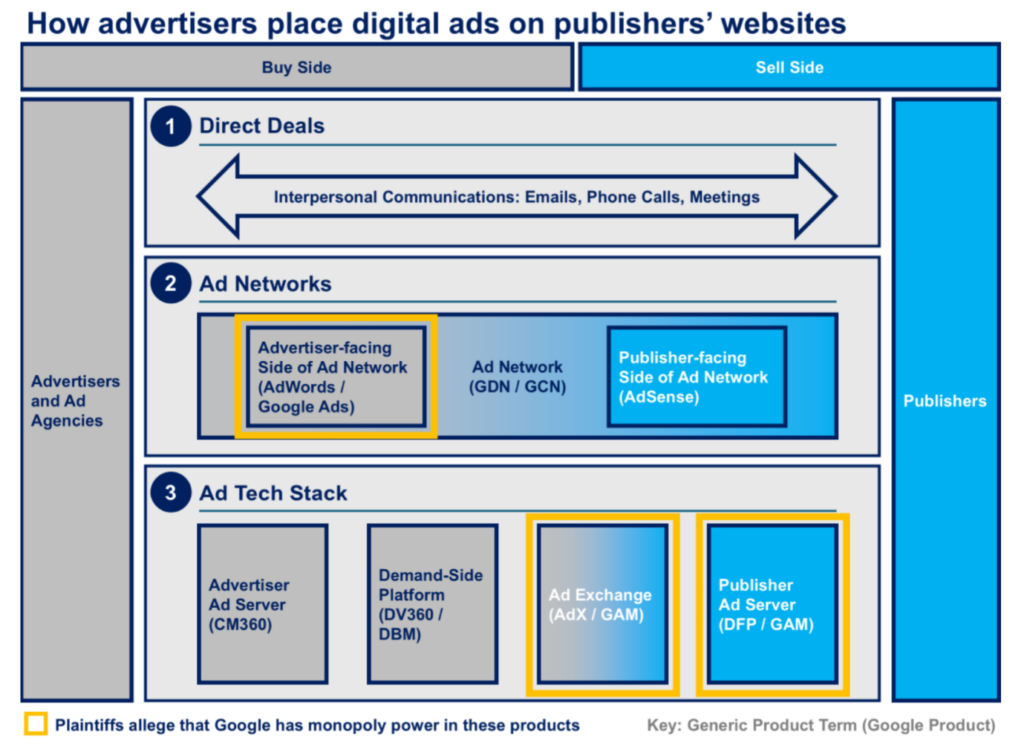The recent ruling by Judge Brinkema in the so-called ‘AdTech Case’ ruled that the company holds an illegal monopoly in digital advertising. This, alongside a similarly damning verdict in the recent search case, is an important stage in the growing fightback against Google’s power. However, a judgement alone is not enough – the key will be to ensure that the remedies imposed by the court are effective in combatting that monopoly in the long term.
Much of the discussion following the judgement has been about the potential for enforced divestitures by Google of its AdTech businesses such as Doubleclick and AdX. However, whilst breaking these businesses away from Google is the first step in creating a level playing field in digital advertising it is not sufficient. Alongside any divestiture, robust conduct and non-discrimination remedies are needed to ensure that the monopoly problem is being solved, not just moved elsewhere.
An issue that underpins Google’s dominance of the web is its gatekeeper status as the owner of Chrome through which it controls the majority of web traffic. Changing the ownership of that gate, or of the technologies that enable this dominance, won’t change anything on its own. Remedies need to be put in place that will prevent any web browser or operating system being used to restrict others ever again.
Then there is the issue of search advertising dominance in the Judge Mehta case. Remedies between the cases need to be co-ordinated and will likely also involve opening up Google’s ill-gotten data treasure trove. Here Google will continue to make bogus privacy arguments to protect their booty. These must be robustly rejected. Far more sensitive data is shared in banking, telecoms, and health care, without any privacy problems. There is no need to re-invent the wheel or allow Google to keep the spoils of their illegal monopoly.
This judgement is also vital for the progress of other, similar cases across the globe. EU and UK regulators have for some time been delaying their own regulatory interventions to avoid conflicting with the US’ actions. Now that the US government’s position on Google and Antitrust is clear then they no longer have any reason to hold back. Indeed, if they don’t progress with their cases then we could end up with a situation where Google is broken up in the US market but allowed to continue to operate as a monopoly elsewhere.
